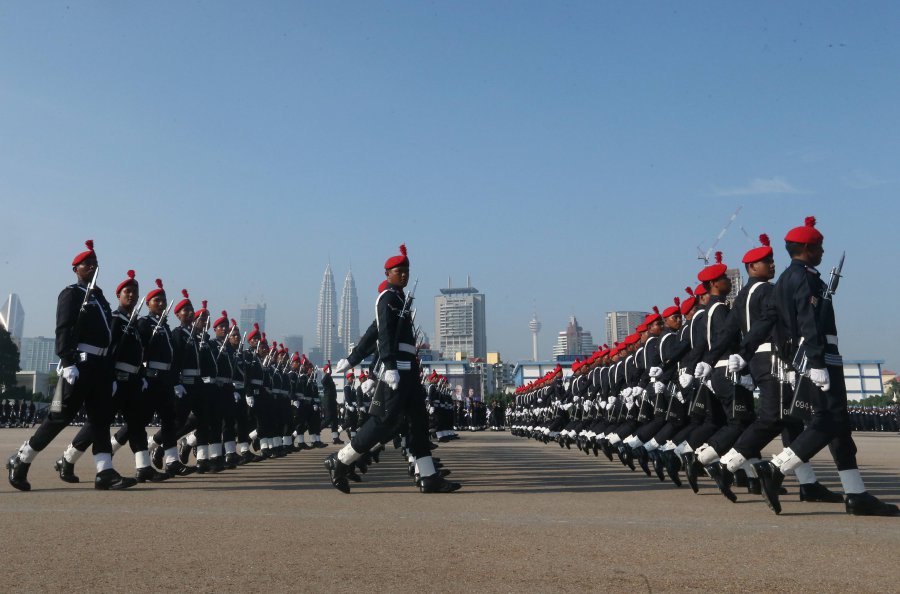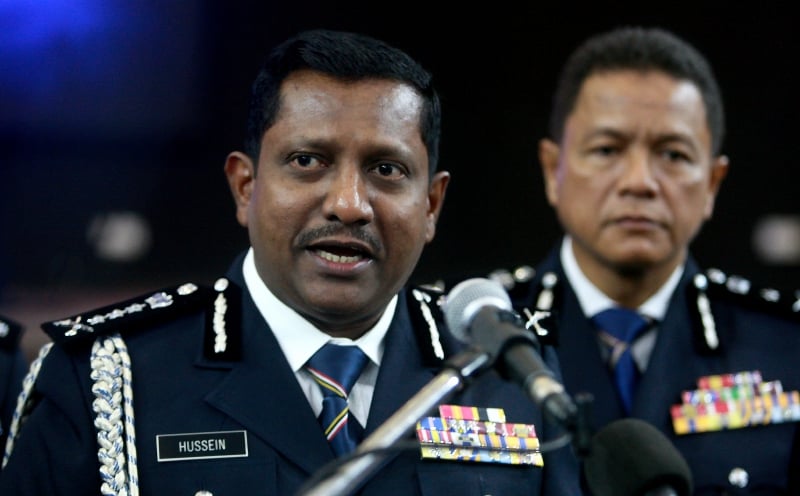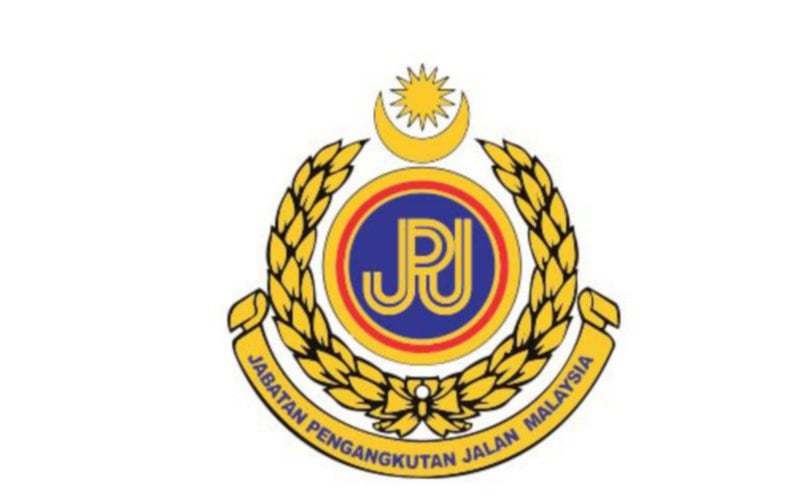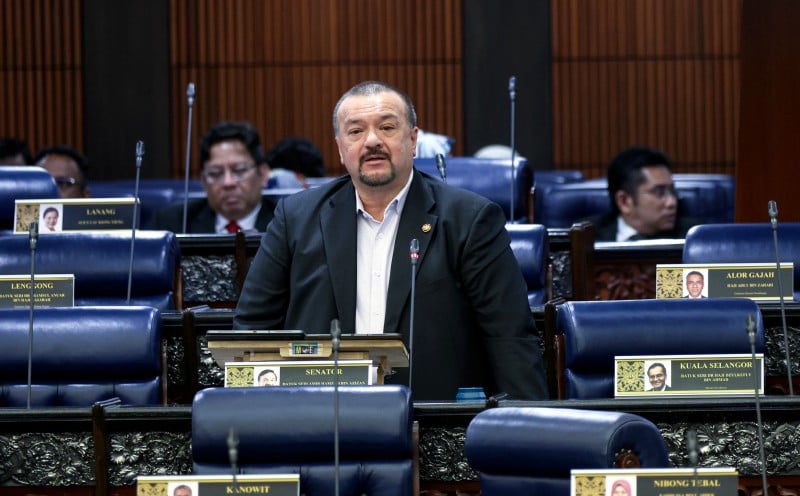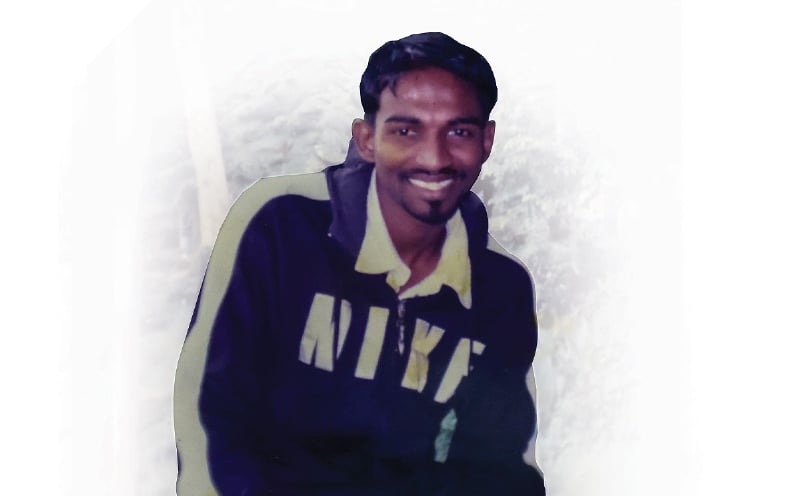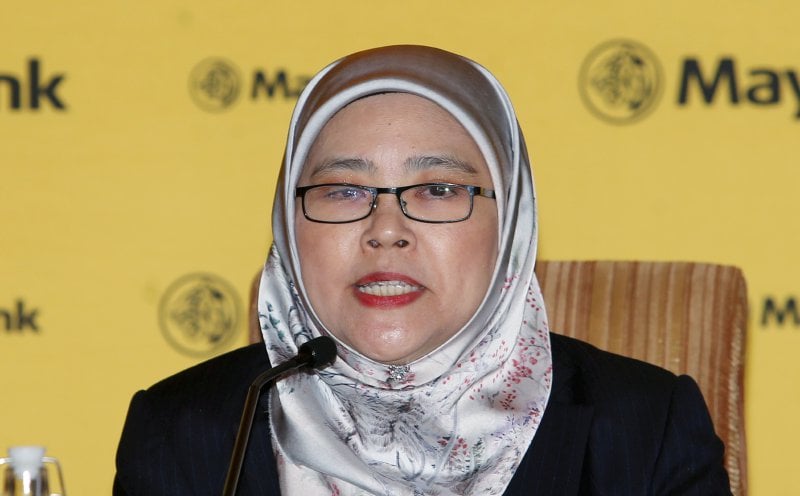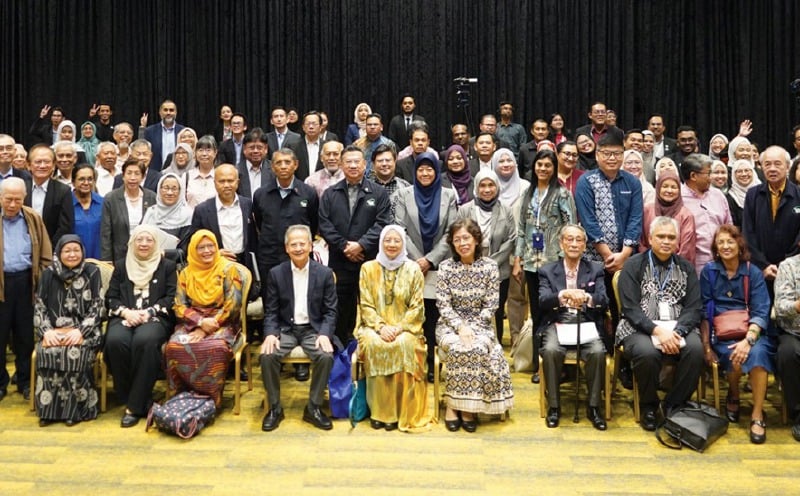UNDERGRADUATES at public universities in the country will soon be able to apply for the Gap Year 2017 programme initiated by the Higher Education Ministry, beginning September to allow them to take time off from studies to pursue their interests.
The programme, which was announced by Higher Education Minister Datuk Seri Idris Jusoh recently, encourages students to take a gap year to volunteer with agencies such as the army, police, Civil Defence Department and especially those under the National Blue Ocean Strategy.
It is part of the ministry’s efforts to produce holistic graduates, with good academic results, vast experience in the industry and love for the nation.
Other than gaining experience, the programme will help to inculcate patriotism in students. A student allowance for the duration of the programme has been proposed.
The practice, which is common abroad, will involve eight universities — Universiti Utara Malaysia, Universiti Kebangsaan Malaysia (UKM), Universiti Putra Malaysia, Universiti Teknologi Mara (UiTM), Universiti Tun Hussein Onn Malaysia and Universiti Malaysia Sabah.
However, the ministry has identified UKM and UiTM to kick-start the programme. UKM is the secretariat for the police, UiTM for the army and Civil Defence Department. The two universities are finalising the programme modules which will be presented at the gap year programme senate meeting next month.
The pioneers
UiTM deputy vice chancellor (student affairs) Professor Datuk Dr Abdullah Mohamad Said said that the concept of a gap year means that students opt to leave university for one year to either work, holiday or do voluntary work. But in the context of the gap year initiated by the ministry, it is in relation to volunteerism only such as charitable and relief work and competency training.
“Students ask ‘Is the programme compulsory?’. Those who are interested can apply, provided they meet the requirement set by the university,” said Abdullah.
UKM deputy vice chancellor (academics and international affairs) Datuk Professor Dr Riza Atiq O.K. Rahmat said the gap year will give students the chance to take a break from studies to serve the nation.
“Since UKM is the secretariat for the police, it will oversee the selection of students.
”While waiting for the official launch, students can learn about the programme on social media. Deans of the faculties will evaluate applications submitted online,” added Riza Atiq.
The programme is open to second- and third-year undergraduates, subject to places available at the participating agencies.
In addition to the police, UKM students will be able to volunteer at non-governmental organisations.
“We have signed a memorandum of understanding with Mercy Malaysia and Islamic Relief Malaysia, where students can do a three-month stint.
“We also have a ‘general’ gap year programme, mostly aiming at entrepreneurship, where students develop their own product, initiate a start-up or establish a company.
“If they are not into business, they can travel, do industrial training or join an exchange student programme, provided they get the green light from the university.
“For example, under the UKM entrepreneurship start-up programme, students can request for a credit transfer after an evaluation of their participation in the programme.
“Through volunteerism, we want to develop students with leadership skills and the ability to work as a team member. Companies look out for graduates with soft skills.”
How it works at UITM
UiTM applicants of the programme are divided into three categories i.e. those who have completed the Kor Siswa Siswi Pertahanan Awam (KOR SISPA) cocurriculum; are undergoing KOR SISPA; and those with no knowledge at all about civil defence.
Abdullah says: “There are different modules for each category taking into account capabilities, knowledge and skills.
“The same applies to those opting to volunteer with the army and they need to be commissioned as reserved officers.”
Modules may involve educating the public in flood-prone areas on the measures to be taken during a disaster or taking part in rescue efforts or post-flood volunteerism work.
“But this is not practical training which will remain within the purview of the faculty.”
Students who complete training in the civil defence programme will be appointed as civil defence officers or members while those who finish training with the army will be able to serve as officers or members of the Territorial Army.
Participating UiTM students will be given credit after a review of their performance. Their results
will be in a transcript in the form of Grade Point Average (GPA), separate from Cumulative GPA.
A trial run of the programme will be carried out for a year from September.
How it works at UKM
UKM students who apply for the programme at the police must be a member of the Undergrad Police Volunteer Reserve Corps.
“Tentatively, in the first three months, students will do their stint at the Police Training Centre, followed by work at the analyst system centre and a police station,” says Riza Atiq.
Addressing concerns
Abdullah and Riza Atiq said there are concerns among parents and students about “graduating on
time”.
“Undergraduates normally have six years to complete their studies, so even if they take a gap year, they should be able to graduate within the stipulated timeframe,” said Abdullah.
The National Higher Education Fund will continue to disburse funds once the gap year programme ends and students resume their studies.
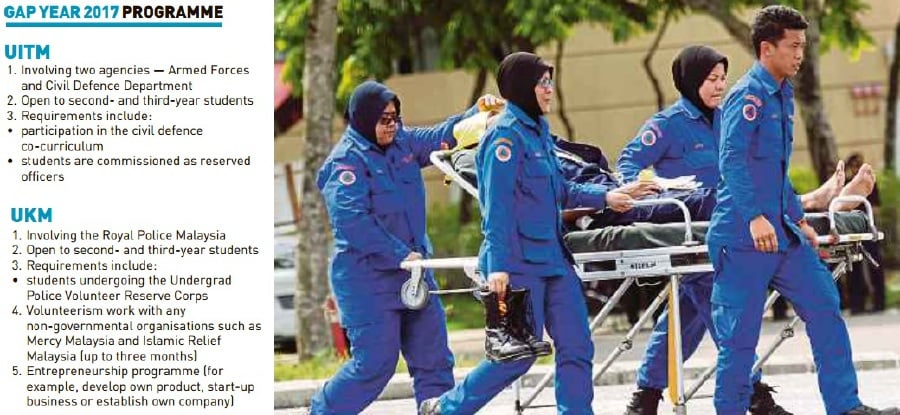
A HIATUS BETWEEN LIFE STAGES
THE gap year is a one-year break taken from study or work for an individual to pursue other interests, generally different from his regular life or line of work.
The term is usually applied to students who take a year (or less, rarely more) away from their studies, usually between high school (upper secondary school) and college.
Some students may instead take a gap year before starting the last stage of secondary education (such as A levels), or even after graduating from university, to better prepare for entering the workforce.
As such, a gap year can be any break taken between life stages, whether that is between school and university, between university and formal work, or when changing careers or going into retirement later on in life.
Typical student activities include: advanced academic courses (to get ahead of studies), extra academic courses (to catch up with studies), pre-college or university courses (to prepare for entry into undergraduate education), non-academic courses (to supplement knowledge in other areas), learning a trade, volunteer work, travelling, internships, participating in sports and adventurous activities.
The gap year may also differ in various countries. For example, in the United Kingdom, the practice of taking a gap year is seen as an interim period of seven or eight months between completing secondary education and starting university. This is the time to gain life experience through travel or volunteering.
In the United States, many colleges most notably Harvard University and Princeton University encourage students to take time off, and some have even built gap year-like programmes into the curriculum. Several high schools now have counsellors specifically for students interested in taking a gap year.
In Australia, exchange programmes provide many opportunities for young people to broaden their minds through travel in a gap year while in New Zealand, this is known as “doing an OE” (overseas experience).
In Malaysia, the gap year programme is to provide a chance for undergraduates to gain experience in volunteer work at government agencies. Undergraduates in eight local public universities will take a year off from studies for the first time in September this year.
The four most common types of gap year in universities abroad are:
Working gap year
Spending a year working can be useful to earn some money, gain skills and experience, and build a network of contacts. You can work your way around the world, spend some time saving up for a period of travel or build up some savings before starting university.
Typical temporary gap year jobs include teaching or supervising an outdoor activity; teaching English (or a language you are fluent in); working in agriculture; tour guiding; administrative and office work; working in the catering and hospitality industry; and community development.
Volunteering gap year
Spending the year volunteering can help increase a sense of community, help build a network of contacts and may later lead to the offer of a permanent or paid job.
There are many opportunities for voluntary work across a range of career sectors, and plenty of established volunteering projects which can be researched online.
Some of volunteering roles are available in registered charities, foreign aid projects, governments-and-non-governmental organisations, which include administration, finance, fundraising, event organising, care work, working with children, legal work, teaching, conservation and expeditions.
There are also lots of international volunteering placement schemes which offer short placements (from a week up to a year) where participants can help around the world with all kinds of initiatives.
Travelling gap year
Some students choose to dedicate their year entirely to travel, either alone or with friends.
There are many gap year social networking sites, with message boards and information to help find a travel mate, share ideas and get advice for travelling alone.
These include assistance in finding hostels and budget accommodation in different countries and you can also get assistance with discounted student travel tickets including round-the-world flight tickets.
Travelling locally is also an option, as you’ll spend less on expenses and it’s a great introduction to parts of your own country where you may consider seeking job opportunities in the future.
Studying gap year
Studying during your gap year allows you to take a year out before university while still continuing to further your education. There are several options for studying abroad or in a different location to where you are usually based. You can take a short-term summer programme, or apply for a position in an exchange programme that specialises in study opportunities abroad, which can also be done as part of your undergraduate or postgraduate degree.
Some colleges and training centres also offer courses suitable for gap year students which can help you develop key skills such as office, information technology and business skills, or gain extra skills and knowledge in fields such as languages, art, music, drama, sports or conservation.


